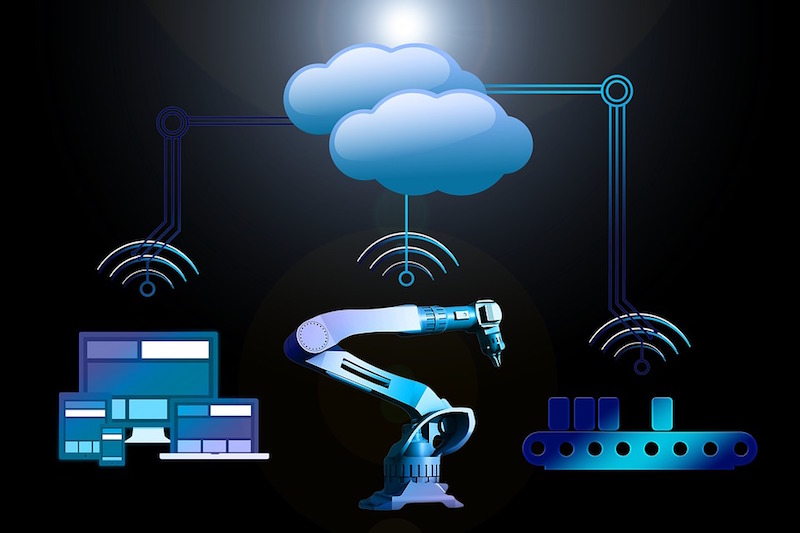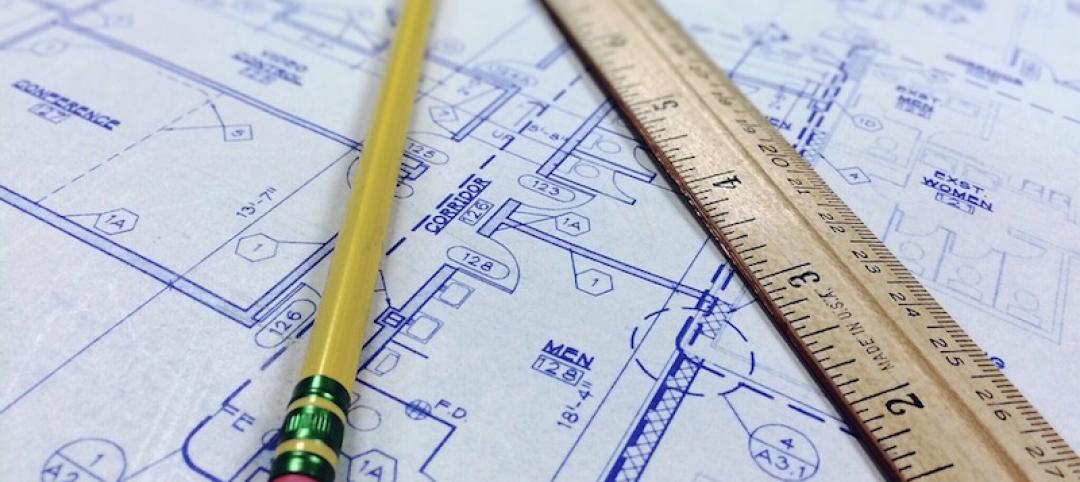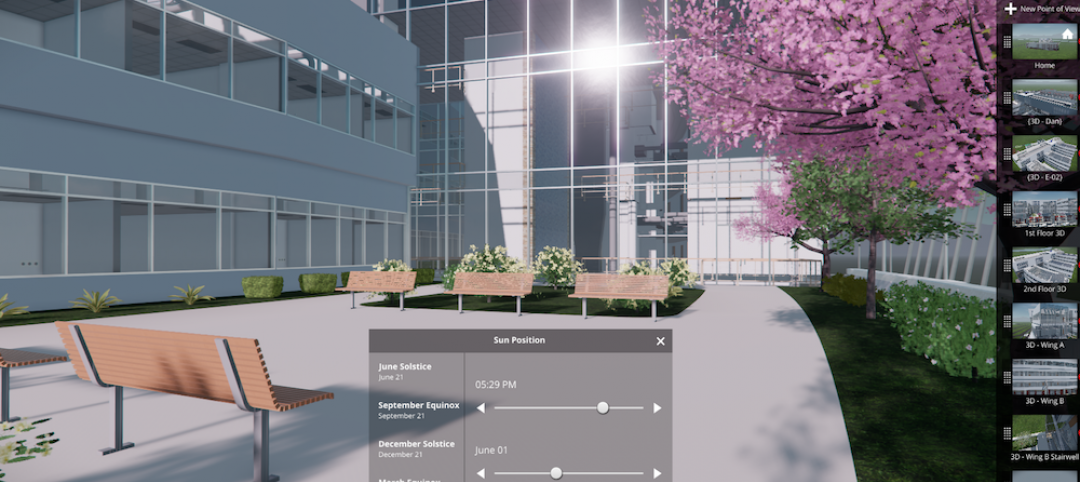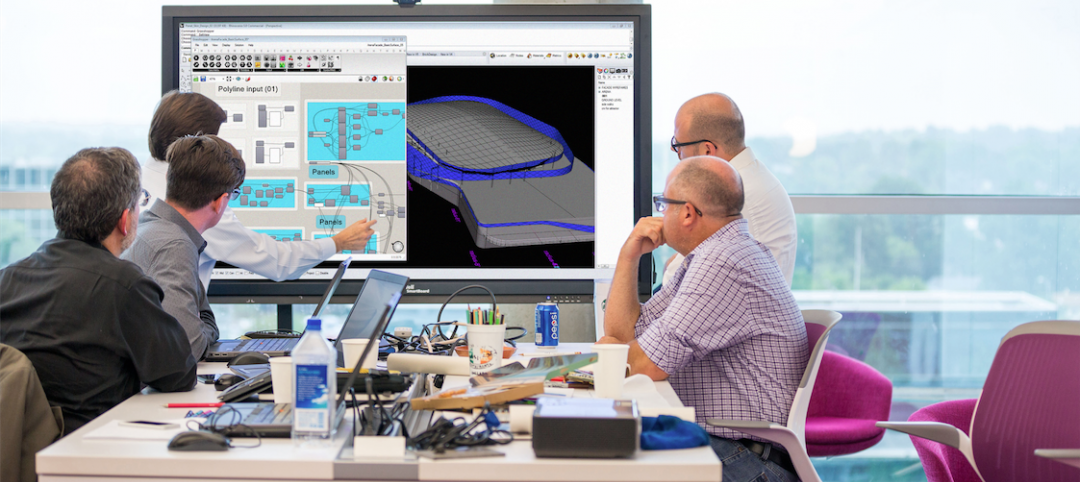Project Frog, a leading technology and building systems provider, today announced an alliance with Autodesk (NASDAQ: ADSK) to develop a transformational cloud-based platform to standardize and simplify data flow between the architecture studio, the factory and the jobsite. The agreement, which will strengthen the industrialized construction movement, is made possible through an investment from the Autodesk Forge Fund. The funding from Autodesk will accelerate the efforts of both companies to create a connected ecosystem linking architectural design to industrial fabrication.
“The reality of the building industry today is it’s facing unprecedented demand and scarcity of skilled labor,” said Drew Buechley, CEO of Project Frog. “In this climate, prefabrication is essential to delivering new buildings quickly and economically, while still offering a high degree of customization, competitive pricing and a quick turnaround. The only way to accomplish this is to use technology to simplify the process of moving a project from design to manufacturing, and then to the jobsite. What we are building with Autodesk is expected to be a truly revolutionary solution, enabling architecture, engineering and construction professionals to reap efficiency gains in the production of custom prefabricated buildings.”
Autodesk and Project Frog Collaboration
The Autodesk and Project Frog collaboration will create a common data environment to streamline design and engineering processes, and optimize architectural design for manufacturing. The end-to-end system will ensure every project stakeholder has access to the most recent data, eliminating the need for manual updates, and reducing the typical churn associated with coordinating across professional disciplines.
This design-to-fabrication ecosystem will leverage Autodesk’s industry-leading cloud platform and Building Information Modeling (BIM) leadership to integrate disparate workflows – enabling architects and structural engineers to mechanical, electrical, plumbing (MEP) professionals, fabricators and contractors – to quickly and collaboratively develop and document projects.
“Autodesk’s Forge Fund investment in Project Frog is expected to put into place a more seamless industrialized construction workflow connecting design to fabrication,” said Nicolas Mangon, Vice President, Autodesk AEC Business Strategy and Marketing. “The building industry is beginning to look a lot more like manufacturing than traditional construction, and this investment offers significant opportunity to improve productivity, resulting in decreased risk and increased profit margins for construction teams and projects.”
Autodesk Forge is a connected developer cloud platform which enables customers to create customized, scalable solutions for engineering, construction and manufacturing challenges. As a continuation of their development efforts and a member of the Forge community, Project Frog leverages cloud technologies to push tighter integration between their own internally developed web tools and core Autodesk applications (particularly around Revit and Fusion). More information about Project Frog’s integration with Forge can be found here.
The Changing Construction Environment
A convergence of factors is driving change in the way buildings are designed and delivered. For decades, productivity in the construction industry has remained flat relative to manufacturing, where steady incremental gains are highlighted by the rapid pace of industrial and technological innovation and adoption. Meanwhile, chronic and widespread shortages in the availability of skilled labor, exacerbated by an aging workforce and declining availability of new workers, are increasing project costs and delays.
Building Information Modeling (BIM), spearheaded by Autodesk Revit has, over the last 15 years, helped streamline the way architects and engineers collaborate on projects. However, there still remain portions of the market using a more siloed collaboration approach. While some new technologies have helped to automate the manual process of data transfer, currently no solutions exist to automate design or integrate design and engineering data, further slowing the design process. The new Autodesk-Project Frog integration will remove many time-intensive processes, eliminate errors, and keep projects on time and on budget.
Related Stories
BIM and Information Technology | Aug 30, 2016
BIM GIANTS: A ranking of the nation's top BIM design and construction firms
HOK, Perkins+Will, Turner Construction Co., The Whiting-Turner Contracting Co., Jacobs, and Thornton Tomasetti top Building Design+Construction’s annual ranking of the nation’s largest BIM AEC firms, as reported in the 2016 Giants 300 Report.
BIM and Information Technology | Aug 30, 2016
New service from CBRE provides deeper insights into in-building wireless network experiences
With dependable cellular and Wi-Fi coverage a must-have amenity for today’s businesses, CBRE to certify in-building network quality through new Cellular Signal Mapping service
BIM and Information Technology | Aug 22, 2016
The wicked problem of interoperability
Building professionals are often put in a situation where solving problems with the ‘best tool for the job’ comes at the cost of not being able to fully leverage data downstream without limitation, writes Proving Ground's Nathan Miller.
Contractors | Aug 10, 2016
Dodge launches new app to simplify pros' search for suitable projects to bid and work on
The product, called PlanRoom, could be particularly useful in sharing data and communications among AEC teams.
BIM and Information Technology | Aug 9, 2016
How to improve a project presentation with animated GIFs
Animated GIFs are a simple tool that can explain a large amount of intricate information in an easy to understand, streamlined manner.
BIM and Information Technology | Jul 25, 2016
Autodesk’s LIVE turns designs into video game-like experiences
Users can adjust navigation points, render styles, and even the time of day, with fluid and quick controls.
Building Tech | Jul 14, 2016
Delegates attending political conventions shouldn’t need to ask ‘Can you hear me now?’
Each venue is equipped with DAS technology that extends the building’s wireless coverage.
BIM and Information Technology | Jun 14, 2016
Autodesk and Trimble will share APIs to develop products that improve user workflow
Data and document management is likely to benefit the soonest.
BIM and Information Technology | Jun 13, 2016
The race to digitize the globe with 3D imagery
Tech firms are creating a highly-detailed virtual planet available instantly for those who would like to scrutinize it. SmithGroupJJR's Stephen Conschafter details the new technologies being used to map our world.
BIM and Information Technology | Jun 7, 2016
Conquer computational design: 5 tips for starting your journey
Data-driven design expert Nathan Miller offers helpful advice for getting your firm ready to use CD tools and concepts.

















